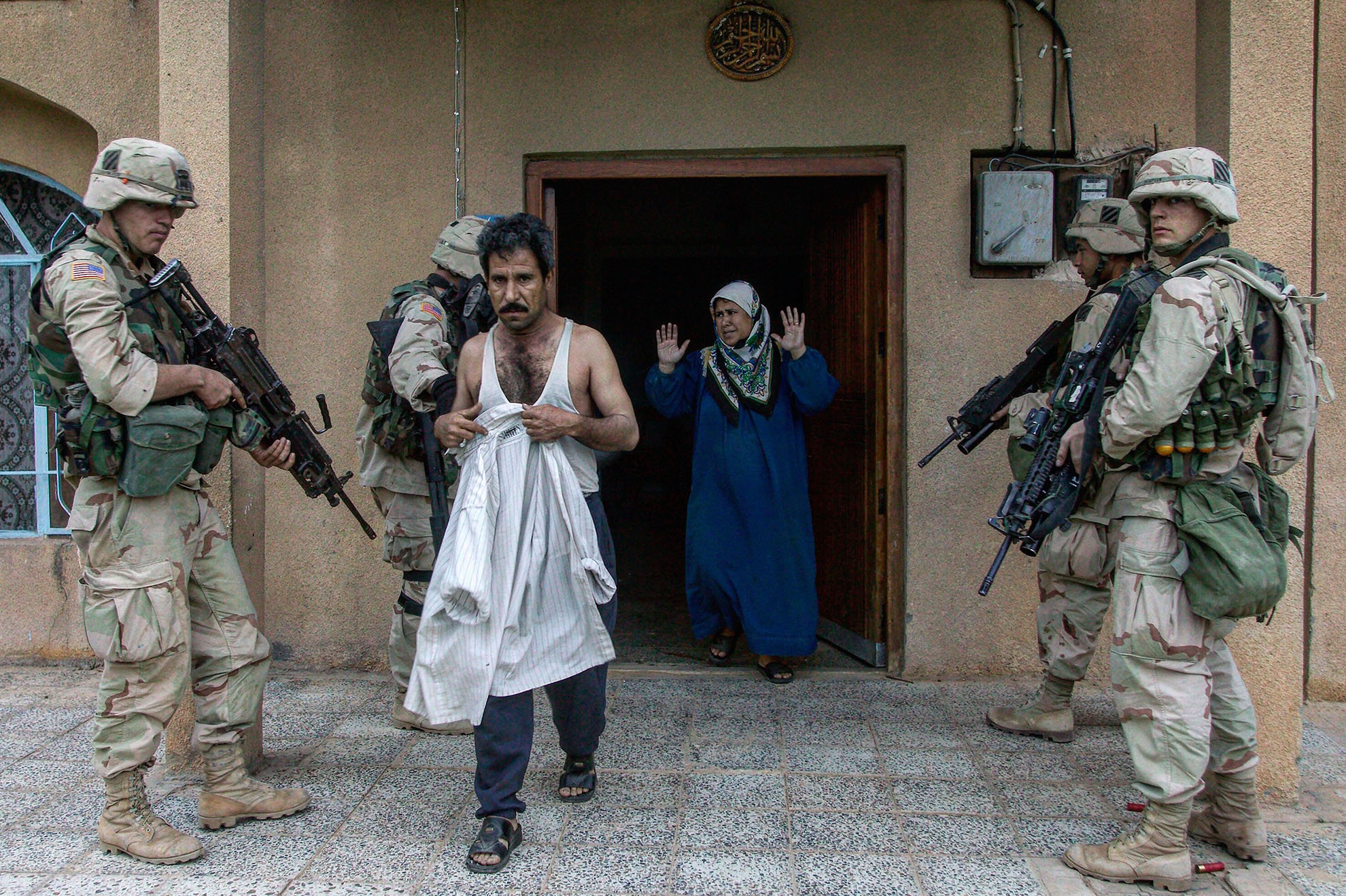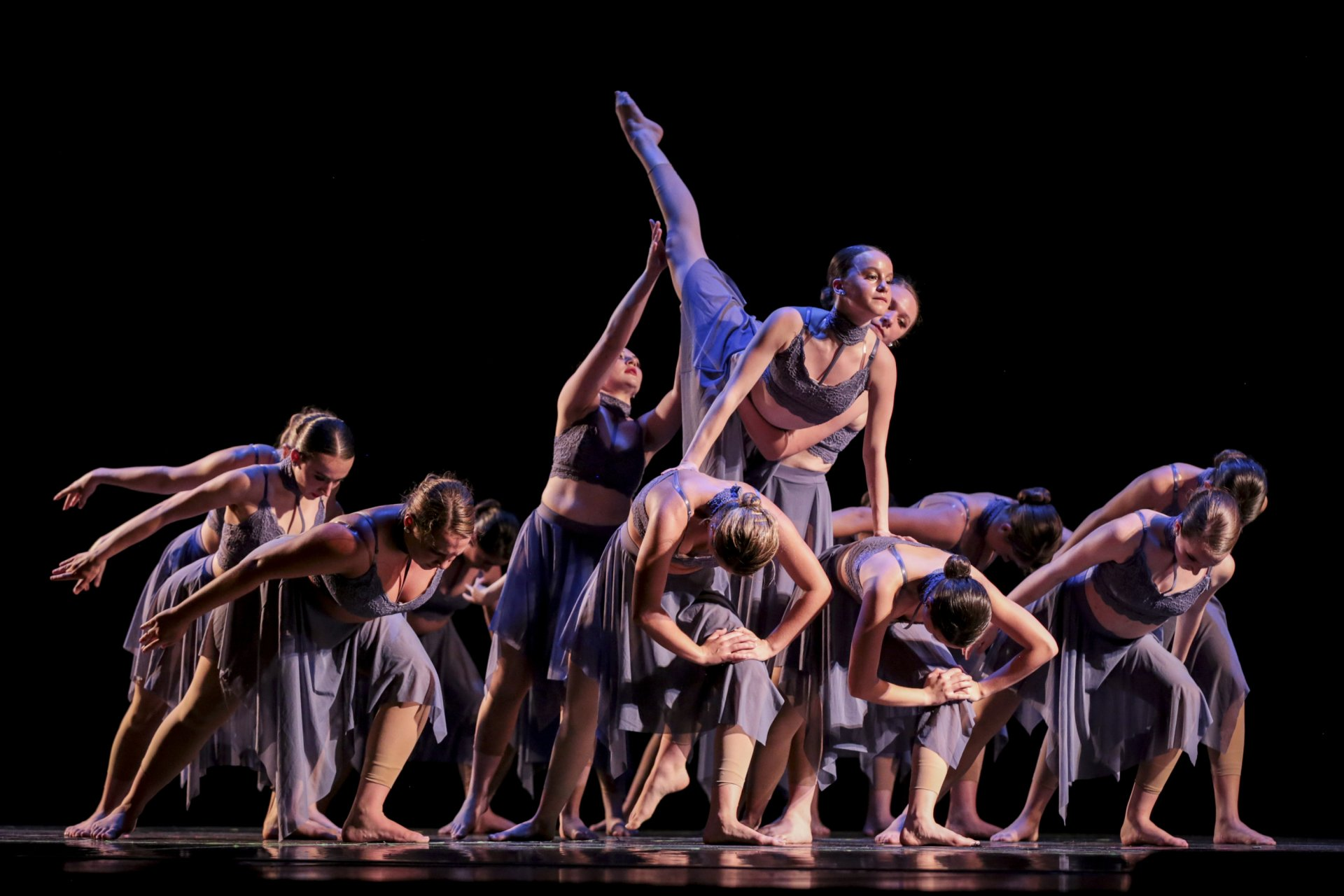The Medieval Studies Conference is not only a gathering of minds but also a celebration of the rich tapestry of medieval scholarship that spans a century. Recently hosted at Harvard University, this esteemed event drew over 800 academics from across 23 countries, marking its significance as a pivotal venue for scholars in the field. Participants engaged in workshops, presentations, and lively discussions, highlighting the interdisciplinary nature of studies in medieval literature, history, and culture. With themes ranging from Geoffrey Chaucer’s reflections on reality to the broader implications of medieval studies for contemporary literature, attendees explored how these ancient narratives continue to resonate today. Organized under the auspices of the Medieval Academy of America, the conference exemplifies the enduring relevance of medieval inquiries in our understanding of modern society.
The recent gathering dedicated to medieval scholarship represents a vital intersection of academia and historical exploration. This specialized event brought together experts from multiple disciplines to discuss subjects such as medieval literature, trade agreements, and cultural exchanges throughout history. Participants delved into the intricate connections between ancient texts and contemporary interpretations, bridging the gap between past and present. With a strong focus on global perspectives, scholars examined varied medieval worlds, expanding the dialogue beyond western literature to include diverse cultural narratives. The conference functioned as a hub for exchanging ideas, fostering collaboration, and inspiring future research directions in the field of interdisciplinary studies.
Reflections on the Medieval Academy of America
The Medieval Academy of America has stood as a bastion of scholarly achievement in medieval studies for a century. Founded in the early 1920s in Cambridge, Massachusetts, it has seen the evolution of academic thought, methodologies, and interdisciplinary fusions in the field. This year’s convening at Harvard symbolically marked the return to its roots, allowing scholars from around the globe to explore not just the historical context of the medieval period, but also its relevance in contemporary discourse. The rich tapestry of topics, including medieval trade agreements and literary authority, illustrates the Academy’s commitment to bridging past and present, making it an essential gathering for both established and budding medievalists.
The significance of such a gathering cannot be overstated. With over 800 participants from 23 different countries, the conference fostered an enriching environment where ideas could flourish and collaborations could be formed. Observations from participants highlighted the insights gained from connecting medieval scholarship with modern contexts. For instance, discussions around Geoffrey Chaucer’s meditations on truth and reality resonate deeply with today’s digital landscapes, showcasing how themes from medieval literature remain ever-relevant. The Academy serves as both a historical reminder and a progressive platform for future explorations in the field of medieval studies.
The Interdisciplinary Nature of Medieval Studies
The interdisciplinary nature of medieval studies has gained increasing recognition and importance, as observed at the 100th meeting of the Medieval Academy of America. Scholars from diverse fields—including literature, history, theology, and art history—came together to present their research, thereby enriching the discourse surrounding medieval times. Sessions that covered medieval trade agreements, adaptations of classical texts, and cultural exchanges among different regions illustrate how interconnected medieval societies were, and how modern interpretations can shed light on these complex interactions. The blending of disciplines allows for a more nuanced understanding of the medieval era, prompting scholars to think beyond the confines of traditional academic boundaries.
Moreover, such academic conferences highlight the value of interdisciplinary collaboration in unraveling the intricate narratives of history. For example, talks addressing Chaucer’s works alongside contemporary literature demonstrate the ongoing dialogue between the medieval past and present literary practices. By integrating various perspectives—from linguistics to economics—researchers can offer deeper analyses of texts, cultural exchanges, and societal structures. This intermingling of disciplines not only enriches scholarship but also redefines the way we engage with medieval studies, empowering scholars to forge new paths in their academic journeys.
The Role of Academic Conferences in Medieval Scholarship
Academic conferences play a pivotal role in the world of medieval scholarship, offering scholars the chance to engage, exchange ideas, and critique one another’s work in real-time. The recent Medieval Academy of America’s annual meeting served as a prime example of how such events catalyze academic discussion and innovation. Within the vibrant atmosphere of Harvard Yard, participants were able to share groundbreaking research—ranging from analyses of ancient texts to explorations of medieval economics—thus furthering the collective understanding of the era. The networking opportunities presented in conferences like this are invaluable, allowing emerging scholars to meet established academics, receive feedback, and form collaborative relationships.
Furthermore, the multidisciplinary dialogue facilitated at such conferences reflects the growing understanding that medieval studies cannot be confined to any single approach. Instead, it thrives on a rich interplay of methodologies that encompass literary analysis, historical context, and cultural studies. As highlighted by presentations at the conference, the integration of discussions around topics like the global Middle Ages and issues of identity in medieval texts reinforces this idea, compelling participants to adopt broader perspectives. These academic gatherings serve as vital platforms for promoting the evolution of medieval studies and ensuring its relevance in today’s scholarly landscape.
Scholarly Evolution: A Century of Change in Medieval Studies
The evolution of medieval studies over the past century is marked by significant transformations that reflect broader cultural and intellectual shifts. The Medieval Academy of America has played a central role in this journey, facilitating the advancement of scholarship in an increasingly global context. The recent conference at Harvard showcased this evolution, featuring a diverse array of topics that traverse geographical boundaries and cultural narratives. Scholars explored the medieval worlds of not only Europe but also regions in Asia and North Africa, recognizing that medievalism is a multifaceted phenomenon that cannot be understood within a singular framework.
With presentations ranging from the revival of Celtic festivities to detailed discussions on Venetian trade agreements, this year’s conference illustrated the breadth of inquiry that characterizes contemporary medieval studies. Attendees were challenged to consider new frameworks, such as global perspectives and interdisciplinary approaches, demonstrating how the field is alive with possibilities for reinterpretation and scholarship. The vibrancy of the community gathered at the Medieval Academy’s centennial celebration reflects not just on how far the field has come, but also on its dynamic potential for the future.
Chaucer’s Insights: Bridging Past and Present
Geoffrey Chaucer’s literary contributions remain monumental in the study of medieval literature, offering insights that continue to resonate in modern contexts. At the recent Medieval Academy of America conference, scholars explored the enduring relevance of Chaucer’s work, particularly in the light of contemporary challenges such as misinformation—a theme that echoes through both his poetry and today’s digital landscape. Chaucer’s reflections on rumor and authority serve as a gateway for discussions on the nature of truth, shaping how we understand narrative integrity across centuries.
Notably, to draw connections between Chaucer’s exploration of poetic authority and modern narratives, the conference featured analyses that juxtaposed his work with contemporary literature such as Patricia Lockwood’s novel. This scholarly inquiry illuminates the ways in which literary voices navigate the complexities of authenticity and deception, ultimately revealing a continuum of thought that links medieval authors to today’s writers. Such discussions not only honor Chaucer’s legacy but also inspire new scholarly conversations about the relevance of medieval literature in current literary and cultural landscapes.
Global Perspectives in Medieval Studies
The 100th annual meeting of the Medieval Academy of America highlighted a significant shift towards a more global perspective in the field of medieval studies. Participants were encouraged to look beyond traditional geographical confines and explore the rich, interconnected histories of the medieval world. Discussions around the Mediterranean, Islamic cultures, and East Asian medieval societies underscored the diversity and complexity of historical interactions. Presentations focused on trade, cultural exchanges, and the dissemination of knowledge rendered a more holistic view of the medieval period, fostering a deeper appreciation for its global implications.
Additionally, workshops and lectures on the Global Middle Ages illuminated the importance of contextualizing medieval studies within contemporary global narratives. Scholars emphasized the relevance of understanding the medieval past as a fabric woven from various cultural threads, challenging us to rethink our approach to medieval historiography. By collaboratively fostering an interdisciplinary mindset, the conference set a precedent for how future scholarship might address the complexities of global medievalism—offering new avenues for research that honor the interconnectedness of cultural histories.
Engaging the Scholars: A Return to In-Person Conferences
In a world altered by the COVID-19 pandemic, the return to in-person conferences like the Medieval Academy of America’s centennial meeting resonated with scholars yearning for meaningful engagement. After a prolonged period of virtual interactions, many attendees expressed a renewed appreciation for face-to-face dialogue and collaboration. The opportunity to connect with colleagues, share experiences, and participate in live discussions has revitalized the communal aspect of scholarly pursuit, reaffirming the importance of human connection in academia.
Participants reported that the format allowed for richer conversations about individual research and collective interests, creating a sense of community among those who share a passion for medieval studies. As scholars exchanged not only ideas but also personal insights, the atmosphere of camaraderie fostered an uplifting spirit that invigorated the conference. Acknowledging the coupled experiences of the lockdowns and the vibrant interactions at the conference, attendees found solace and inspiration, reinforcing the idea that collaboration and discussion remain at the heart of academic growth.
Showcasing Tomorrow: The Future of Medieval Scholarship
As the Medieval Academy of America steps into its next century, conversations at the recent conference turned towards the future of medieval scholarship. With discussions centering on emerging methodologies and novel approaches to teaching and research, it became clear that the field is poised for exciting advancements. Scholars are increasingly incorporating technology and new media in their work, which opens up fresh avenues for exploration within medieval studies. Fields like digital humanities are beginning to revolutionize how we approach old texts and artifacts, creating opportunities for interdisciplinary collaboration.
Furthermore, the emphasis on integrating global perspectives and diverse lived experiences in the research process ensures that the evolving narrative of medieval studies will be richer and more inclusive. As younger scholars share their visions for the future, it is evident that the next century of medieval scholarship will continue to challenge conventional boundaries, encouraging innovative inquiries that reflect the complexity of the human experience across time. Such forward-looking discussions are vital, as they galvanize the community and drive the thoughtful evolution of a discipline that remains vibrant and relevant.
Frequently Asked Questions
What is the Medieval Studies Conference hosted by the Medieval Academy of America?
The Medieval Studies Conference, organized by the Medieval Academy of America, is an annual event bringing together scholars from around the world to discuss various aspects of medieval studies. This premier gathering showcases workshops, presentations, and discussions aimed at advancing interdisciplinary research and collaboration within the field.
When and where is the next Medieval Academy of America Conference scheduled?
The next Medieval Academy of America Conference is scheduled for March 2026, taking place at Harvard University. This event marks a significant reunion as the conference returns to its historic roots in Cambridge, celebrating over a century of medieval scholarship.
How does the Medieval Studies Conference promote interdisciplinary studies?
The Medieval Studies Conference emphasizes interdisciplinary collaboration by featuring a diverse range of topics that bridge literature, history, and cultural studies. Presentations often explore connections between medieval texts and modern issues, encouraging attendees to consider multiple perspectives, as seen in the works of Geoffrey Chaucer and contemporary authors.
What opportunities does the Medieval Academy of America Conference provide for graduate students?
The Medieval Academy of America Conference offers graduate students valuable opportunities to present their research, engage in workshops, and network with established scholars. The event fosters an environment for collaboration and feedback, which is crucial for academic growth in the field of medieval studies.
Can you explain the significance of Geoffrey Chaucer in the context of the Medieval Studies Conference?
Geoffrey Chaucer is a central figure in medieval literature whose works, such as ‘The Canterbury Tales,’ are frequently discussed at the Medieval Studies Conference. His exploration of themes like rumor and authority resonates with both medieval and contemporary issues, making him a focal point for discussions on literary influence and innovation.
What themes have emerged in recent discussions at the Medieval Studies Conference?
Recent discussions at the Medieval Studies Conference have highlighted themes such as global perspectives in medieval studies, the evolution of medieval literature, and the impact of historical trade agreements. Presentations often reflect how medieval scholarship continues to evolve and relate to modern societal issues.
How does the Medieval Studies Conference adapt to modern challenges in academia?
The Medieval Studies Conference has adapted to modern challenges by incorporating virtual elements, expanding discussions to include global perspectives, and focusing on pedagogical workshops. These adaptations aim to foster scholarship that is relevant to today’s academic landscape while attracting a diverse audience.
What role does the Medieval Studies Conference play in shaping future scholarship?
The Medieval Studies Conference plays a vital role in shaping future scholarship by providing a platform for innovative research, fostering interdisciplinary dialogue, and encouraging collaboration among scholars from various backgrounds. It serves as a crucial space for reflecting on past achievements while envisioning the future of medieval studies.
| Key Highlights | Details |
|---|---|
| Conference Overview | The Medieval Academy of America’s 100th annual meeting was held in late March 2025, gathering over 800 academics from 23 countries. |
| Historical Significance | The conference took place back at Harvard after 50 years, emphasizing the evolution of medieval studies. |
| Diverse Presentations | Topics ranged from medieval trade to the influence of Chaucer on contemporary literature, featuring around 500 speakers. |
| Interdisciplinary Engagement | Scholars highlighted the interdisciplinary nature of medieval studies and the global perspective in research. |
| Future Directions | Discussions included the future trajectory of medieval studies and the importance of a global mindset in research. |
Summary
The Medieval Studies Conference highlighted the significance of medieval studies as a remarkable field that has flourished over the last century. This conference not only celebrated a century of scholarly achievements but also fostered discussions among hundreds of academics about the interdisciplinary nature and global perspectives of medieval research. As the field continues to evolve, this conference served as a vital platform for addressing both historical inquiries and modern adaptations, underscoring the enduring relevance of medieval studies in today’s academic discourse.




